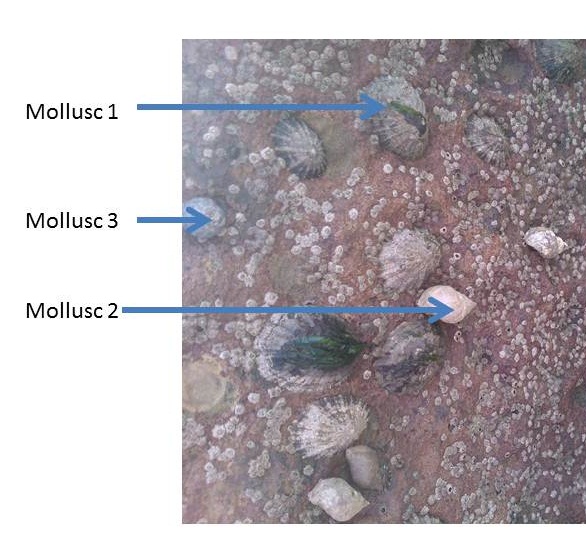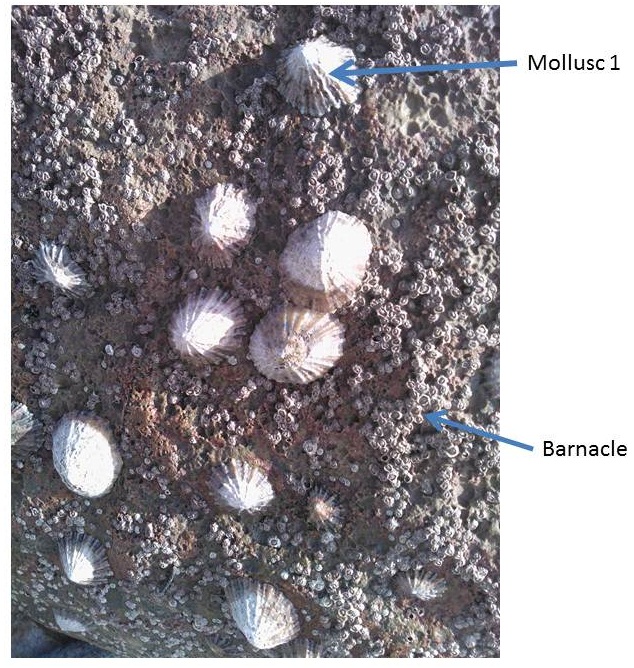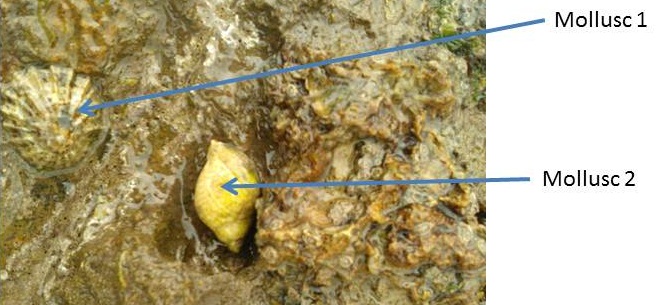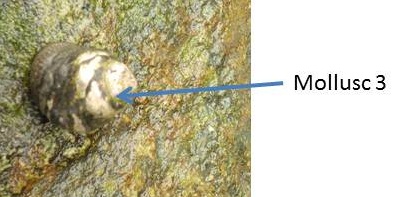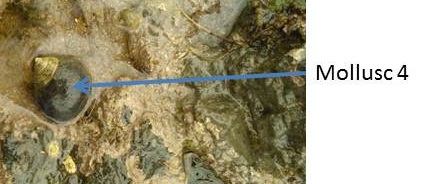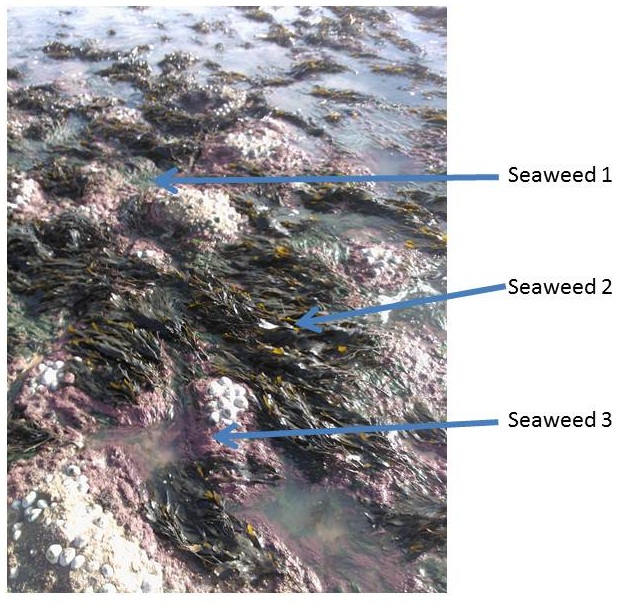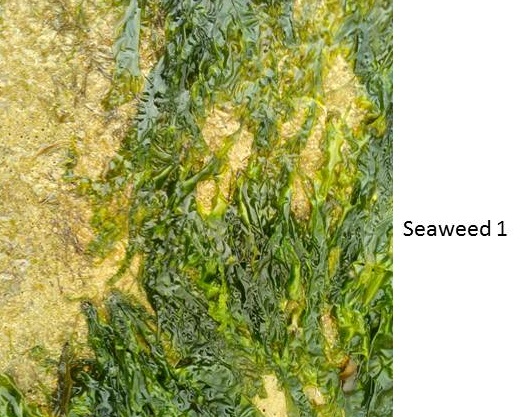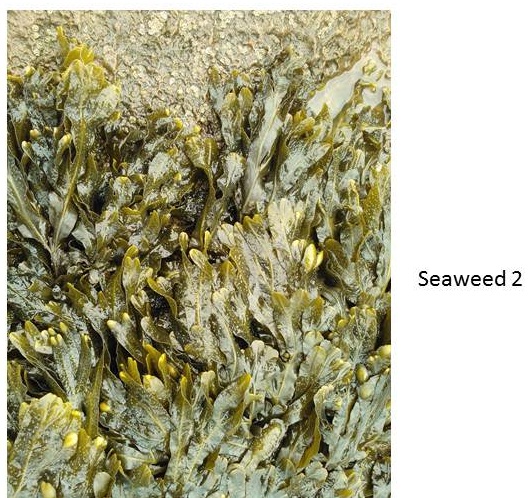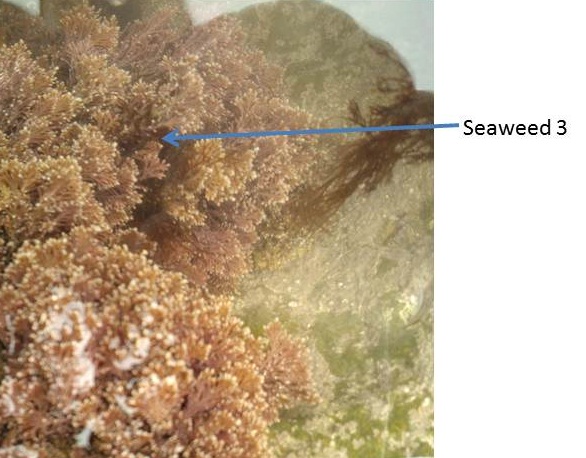Rocky Shore Survey
PLEASE NOTE, THIS SURVEY IS NOW CLOSED. THANKS FOR YOUR INTEREST, BUT YOU CAN NO LONGER SUBMIT YOUR ANSWERS
Thanks for taking part in this survey. We are interested in your expert opinions of key interactions between species on UK rocky shores.
We want opinions based on what you know about similar species or what you believe to be correct. We want opinions from rocky shore ecologists who have NOT previously worked in the UK and
marine ecologists who work on systems other than rocky shores in the UK or elsewhere. We don't want you to look up any information, as we are interested in what you think is likely to occur.
Some species may be similar or identical to those you already know the role of. If this is the case, please indicate what you think the relationship would be between the species in the UK
Thanks again for taking the time to complete the survey. If you'd like to see the outcomes of this work, please provide your email address, and we'll get back to you once we have written the results.
More information about the reasons for this survey can be found here on my blog post.
Instructions
Please study the pictures of the different species carefully. They are pictures of molluscs, barnacles and seaweeds. We are interested in what eats what, or what competes with what.
Using only your existing knowledge (no further research please) of marine ecology, please select the appropriate responses from the list of questions below. Pick what you believe to be correct based on your best estimate of the situation, and please don't
answer with 'don't know' answers unless you really can not make an educated guess.
In making assessments of what is likely to occur,
please only consider direct (i.e. excluding trophic cascade effects) and short term (i.e. over 1 month maximum) consequences of the changes, both from trophic interactions and competition.
For example, increasing levels of speices A might directly decrease species B. If species B
subsequently decreases then seaweed C might increase. Here, please only consider the direct effects of A on B, not of A on seaweed C, unless it also has a direct effect.
Questions
